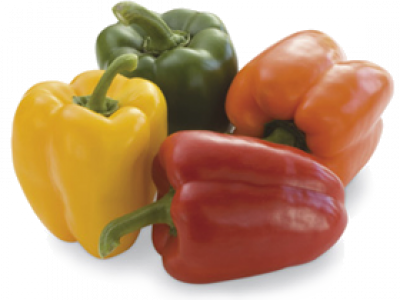
noun
- any plant whose fruit, seeds, roots, tubers, bulbs, stems, leaves, or flower parts are used as food, as the tomato, bean, beet, potato, onion, asparagus, spinach, or cauliflower.
- the edible part of such a plant, as the tuber of the potato.
- any member of the vegetable kingdom; plant.
- Informal. a person who is so severely impaired mentally or physically as to be largely incapable of conscious responses or activity.
- a dull, spiritless, and uninteresting person.
adjective
- of, consisting of, or made from edible vegetables: a vegetable diet.
- of, relating to, or characteristic of plants: the vegetable kingdom.
- derived from plants: vegetable fiber; vegetable oils.
- consisting of, comprising, or containing the substance or remains of plants: vegetable matter; a vegetable organism.
- of the nature of or resembling a plant: the vegetable forms of Art Nouveau ornament.
- inactive; inert; dull; uneventful: a vegetable existence.
noun
- any of various herbaceous plants having parts that are used as food, such as peas, beans, cabbage, potatoes, cauliflower, and onions
- informal a person who has lost control of his mental faculties, limbs, etc, as from an injury, mental disease, etc
-
- a dull inactive person
- (as modifier)a vegetable life
- (modifier) consisting of or made from edible vegetablesa vegetable diet
- (modifier) of, relating to, characteristic of, derived from, or consisting of plants or plant materialvegetable oils
- rare any member of the plant kingdom
c.1400, “living and growing as a plant,” from Old French vegetable “living, fit to live,” from Medieval Latin vegetabilis “growing, flourishing,” from Late Latin vegetabilis “animating, enlivening,” from Latin vegetare “to enliven,” from vegetus “vigorous, active,” from vegere “to be alive, active, to quicken,” from PIE *weg- “be strong, lively,” related to watch (v.), vigor, velocity, and possibly witch (see vigil). The meaning “resembling that of a vegetable, dull, uneventful” is attested from 1854 (see vegetable (n.)).
mid-15c., originally any plant, from vegetable (adj.); specific sense of “plant cultivated for food, edible herb or root” is first recorded 1767. Meaning “person who leads a monotonous life” is recorded from 1921.
Slang shortening veggie first recorded 1955. The Old English word was wyrt (see wort). The commonest source of words for vegetables in Indo-European languages are derivatives of words for “green” or “growing” (cf. Italian, Spanish verdura, Irish glasraidh, Danish grøntsager). For a different association, cf. Greek lakhana, related to lakhaino “to dig.”
n.
- A plant cultivated for an edible part, such as the root of the beet, the leaf of spinach, or the flower buds of broccoli or cauliflower.
- The edible part of such a plant.
adj.
- Of, relating to, or derived from plants or a plant.
- A plant that is cultivated for an edible part, such as the leaf of spinach, the root of the carrot, or the stem of celery.
- An edible part of one of these plants. See Note at fruit.
 Liberal Dictionary English Dictionary
Liberal Dictionary English Dictionary